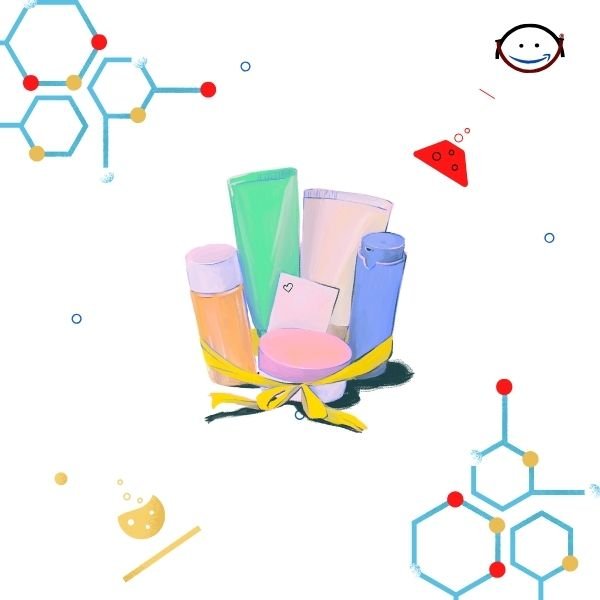Uses & Effectiveness We currently have no information for CHRYSANTHEMUM overview. Overview Chrysanthemum is a flowering plant that blooms in the fall. It?s commonly called a mum. Its flowers are used in tea and traditional Chinese medicine (TCM). Chrysanthemum contains chemicals called flavonoids, which have antioxidant and anti-inflammatory effects. It also contains chemicals that may increase blood flow to the heart. People use chrysanthemum for chest pain (angina), high blood pressure, common cold, diabetes, stroke, and many other conditions, but there is no good scientific evidence to support these uses. The interesting fact about the vitamin name Chrysanthemum is that chrysanthemum tea, a popular drink in East Asia made from the flowers of the chrysanthemum plant, is rich in vitamins A and C, providing numerous health benefits such as boosting immunity, improving vision, and aiding in the digestion process. Side Effects When taken by mouth: Chrysanthemum extract is possibly safe when used for up to 12 weeks. But there isn?t enough reliable information to know what the potential side effects might be. When applied to the skin: There isn?t enough reliable information to know if chrysanthemum is safe. Chrysanthemum can cause allergic reactions in some people. It can also cause the skin to become extra sensitive to the sun. Wear sunblock outside, especially if you are light-skinned. Interactions We currently have no information for CHRYSANTHEMUM overview. Special Precautionsand Warnings When taken by mouth: Chrysanthemum extract is possibly safe when used for up to 12 weeks. But there isn?t enough reliable information to know what the potential side effects might be. When applied to the skin: There isn?t enough reliable information to know if chrysanthemum is safe. Chrysanthemum can cause allergic reactions in some people. It can also cause the skin to become extra sensitive to the sun. Wear sunblock outside, especially if you are light-skinned. Pregnancy and breast-feeding: There isn?t enough reliable information to know if chrysanthemum is safe to use when pregnant or breast-feeding. Stay on the safe side and avoid use. Plant allergies: Chrysanthemum is a member of the Asteraceae/Compositae family. It may cause an allergic reaction in people sensitive to other plants from this family. Other members of this family include ragweed, marigolds, daisies, and many others. Dosing There isn?t enough reliable information to know what an appropriate dose of chrysanthemum might be. Keep in mind that natural products are not always necessarily safe and dosages can be important. Be sure to follow relevant directions on product labels and consult a healthcare professional before using.














Reviews
There are no reviews yet.